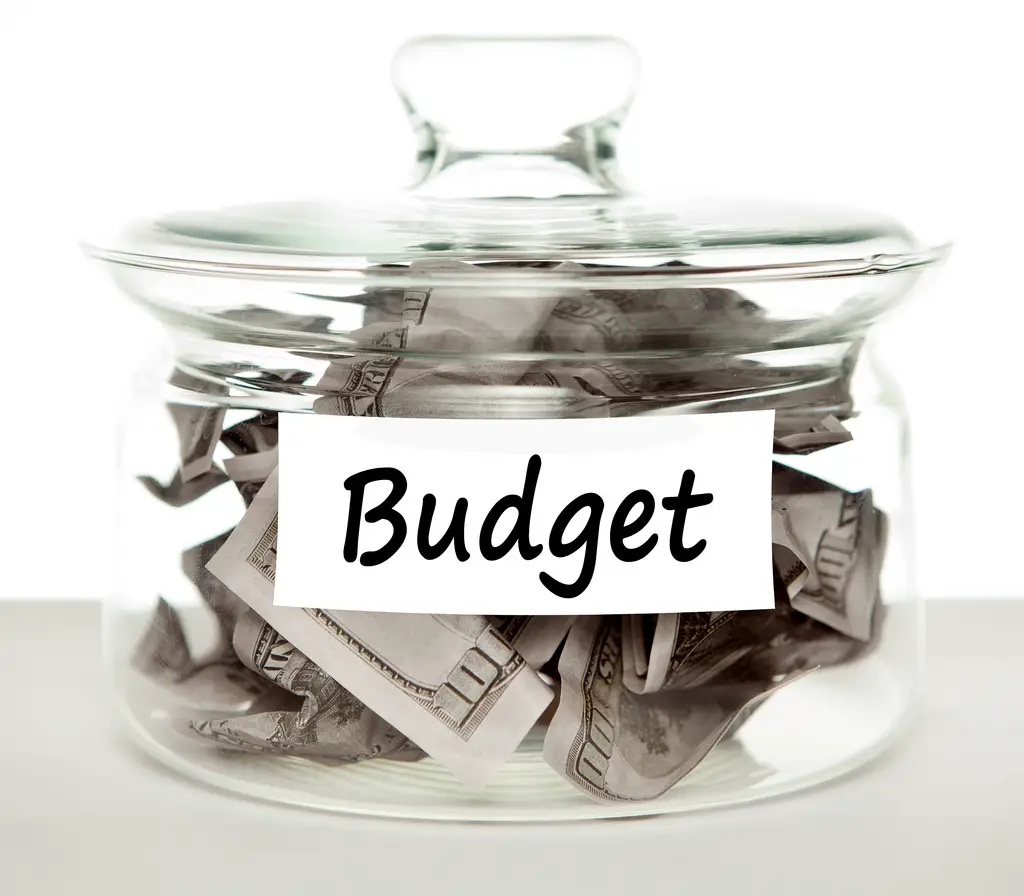They say you can’t teach an old dog new tricks, well I guess the same can go when it comes to saving money. The more you get used to having the money in your account and spending at will, the less likely you are to save and cut back on spending. If you are able to develop good budgeting habits while you’re young, it will be a breeze as you get older and adjust as life experiences and expenses come up. As you get older, the more you have saved for the future will be ever important when you’re ready to retire from the workforce, so you want to be sure that you maximize every dollar going to good use so for when you really need it later.
Reduce the Nonessential Items
It’s nice to be able to go on a shopping spree and pamper yourself. While it certainly is ok to treat yourself once in a while, after all, it’s the life experiences is what life is all about, you can’t save every dollar and not live life. That being said, there is a line to be drawn when it comes to necessary expenses versus unnecessary expenses. If you don’t need it, you probably shouldn’t buy it, and if you are only going out to eat because you are too lazy to cook, then you are just wasting money when you could have gone grocery shopping, or have food at the house and not eating it.
Start Saving for the Big Purchases
As you are coming into the work force, pretty soon you will be ready to start making the big purchases such as an engagement ring, house, or wedding, so it’s a good idea to open a savings account and start to save right away, so that way you can build up your account for when you need it. It’s never a good idea to keep kicking the can down the financial road, otherwise you’ll never catch up or get ahead.
Create an Emergency Fund
You never know what life is going to throw your way so it’s a good idea to have a little cushion when something does come up. Whether it’s your car needing a repair, a home appliance that needs replaced, or even worse, a job loss, how would you cover expenses if you needed a few months to find a new job? Probably put on your credit card, and since you won’t be able to afford, you’ll be paying back, with interest for a long time. If you can put a few months’ worth of expenses in an account to have, you’ll be in good shape if life throws a curveball.
Contribute to a Retirement Account
You can take care of your current state of finances all you want, but if you don’t look toward the future with the end goal of retiring with any sort of nest egg in mind, you will be (hopefully) living off social security with little else. Contributing to an employer 401(k) account is a great way to have auto deductions from your paycheck to ease the burden a little, or risk not contributing if it was manual. Also, check into employer matching contributions, which could be leaving free money on the table if you aren’t at least hitting the maximum they will kick in.
Use a Credit Card to Build Rewards
Rewards are so great that it can actually make sense to use a credit card for every purchase and watch the points, miles, or dollars add up just by making the same purchases that you would have made anyways with a debit card. Now, debit cards can still offer rewards, but not to the extent of what I’ve noticed on my 1-4% cashback card (depending on the purchase). This past year I received $600 back, and I’ll beat that this year. The only trick is to be sure to use for necessary purchases and not just for the rewards, because if you don’t pay the full balance, you will be paying interest and that will far exceed what you’re getting back in rewards.
Continuously Update the Budget
Your budget may be working now, but what about when you get married, have kids, or change jobs, cars, or houses? It’s a good idea to continuously revisit your budget, especially if you find that more money is going out compared to coming in, or barely getting by with expenses but not contributing to savings. Keeping a successful budget is tough, but completely worth it.

